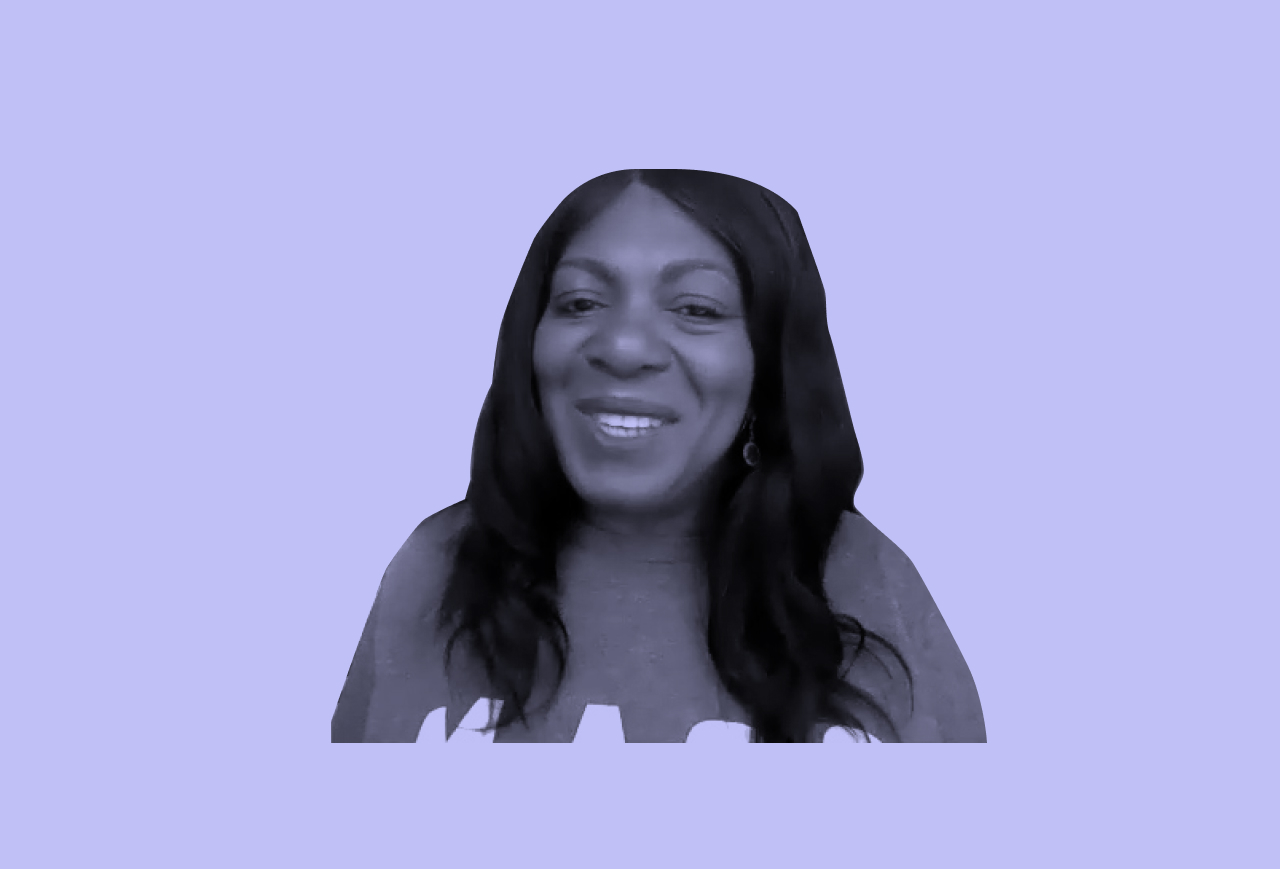Cassandra Bensahih is Senior Organizer with the Unitarian Universalists—Mass Action, where she leads the End Mass Incarceration and the Economic Justice Campaigns, and also serves as coordinator of the Massachusetts Against Solitary Confinement Coalition. In this interview, she discusses her life path from a traumatized and incarcerated woman, to community leader. Drawing on her personal story, Bensahih discusses why solitary — in all of its forms — needs to be ended, and addresses the profound crisis of COVID in MA prisons.
Part One: A personal transformation
Bensahih was struggling with addiction when she sent to MCI-Framingham, Massachusetts’ only prison for women. During her one year sentence, for which she spent 6 months in prison, she lost her home and her children. It took three years before she could get them back. Bensahih describes her decision to never return to prison, while explaining how the harmful impacts make it more difficult for many others to break the cycle and succeed outside the walls [15:13 minutes].
Part Two: Working to end solitary confinement
Bensahih explains the diverse forms of solitary used in Massachusetts and why there is a movement today to end it. She discusses models from other states and countries, and highlights why it is important for people who have experienced this form of torture to speak about it– and for others to listen [13:34].
Part Three: Deepening isolating during the COVID pandemic
During the COVID pandemic, people in prisons across the state and the entire country, have spent enormous amounts of time in lockdowns. Here, Bensahih describes extreme solitary, lack of any way to socially distance, and — what makes her most angry — was the gross negligence of people who worked at the prisons and put people at high risks. Today, she notes, COVID is ravaging the prisons [5:21].
Part Four: Change doesn’t come easy
In this final portion of the interview, Bensahih discusses how she is able to maintain her commitment to the incredibly difficult work of transforming a system. Recognizing the people and organizations that helped her find her voice, she emphasizes the power of working with and for her community. She issues a challenge to Massachusetts: why are we allowing inhumane treatment to continue? [8:47].

